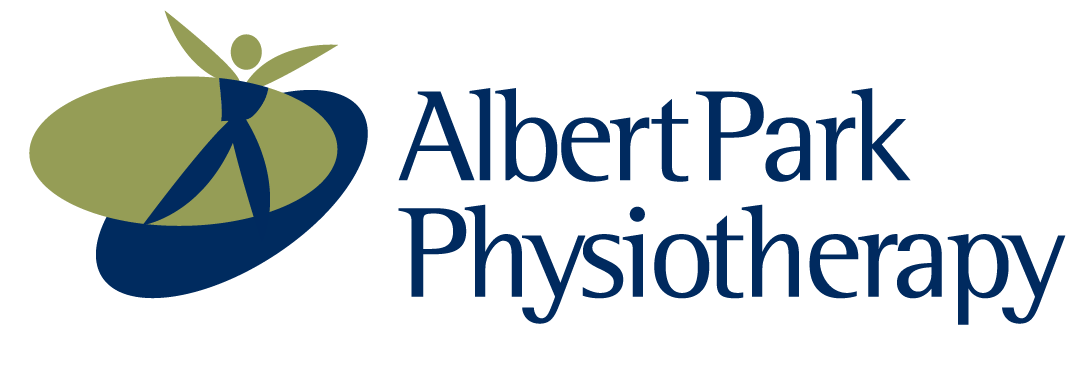In recent years, Australians have become increasingly accustomed to sitting down—at work, on the couch, in the car—and it’s taking a major toll on the health of individuals and our economy.
This sedentary lifestyle is part of the widespread problem of obesity and other related health diseases that lead to more than 7,200 deaths each year. This is why Albert Park Physiotherapy supports the Australian Physiotherapy Association’s ‘Australia’s Biggest Killers’ campaign; aiming to encourage Australians to get off the couch, get moving, and embrace healthy and active lifestyles.
Obesity in Australia—what’s the impact?
In the past twenty years, obesity has become the leading cause of premature death and illness in Australia, with 14 million Australians now considered overweight or obese.
In their latest study, the Monash Obesity and Diabetes Institute found that if weight gain continues at current levels, close to eighty per cent of adults and thirty-three per cent of children will be overweight or obese by 2025.
Being overweight or obese puts you at high risk of:
- Heart disease
- Stroke
- Type 2 diabetes
- High blood pressure (hypertension)
- Kidney disease
- Osteoarthritis
- Endometrial, breast, and colon cancers
- Mental health and eating disorders
How can you tell if you are at risk of being overweight or obese?
By using two well recognised methods of determining if you are overweight or obese, such as the Body Mass Index (BMI) and Waist Circumference.
BMI
BMI= weight(kg)/height (m)2
- 25 to 29.9 (Overweight)
- 30 to 39.9 (Obese)
- 40+ (Severely obese)
Waist Circumference
You are more likely to develop obesity-related health problems if you are:
- Male with > 95cm waist circumference
- Female with > 80cm waist circumference
Combatting the issue—it all starts with getting active
Research shows that more than 6.4 million Australians are currently doing less than an hour and a half of physical activity per week. Sitting is associated with weight gain and obesity, unhealthy blood-glucose and blood-lipid profiles, and premature death from heart disease. To combat these outcomes we need to be moving more—not just exercising for thirty minutes, but regularly moving throughout the day; even something as simple as standing up while you’re at work.
Inactivity is not the only cause of weight gain. There may be other determinants at play such as social, environmental, behavioural, genetic, physiological, or psychological factors. Thus, we need a range of resources, education, and support services that can help us to make long-term changes to our quality of life.
How a Physio can help
At Albert Park Physiotherapy, our physiotherapists can: design exercise programs for individuals who are obese or overweight; identify and prescribe programs most suited to your medical condition; develop a program of exercise to increase your physical activity safely and effectively; and help identify necessary and achievable changes in your lifestyle.
An initial referral to a physio can be a good way to get started with short-term goals that will assist you to maintain a healthy lifestyle.
Resources:
100 ways to move
ABC Health and Wellbeing
Australian Institute of Health and Welfare
Baker IDI Heart & Diabetes Institute
Better Health Channel
Heart Foundation
Monash Obesity and Diabetes Institute
Obesity Australia
Australia's Biggest Killer. Australian Physiotherapy Association (APA). (2016, June). Retrieved from http://www.physiotherapy.asn.au/APAWCM/Advocacy/Campaigns/APAWCM/
Advocacy/Campaigns/Australia_s_Biggest_Killer.aspx






